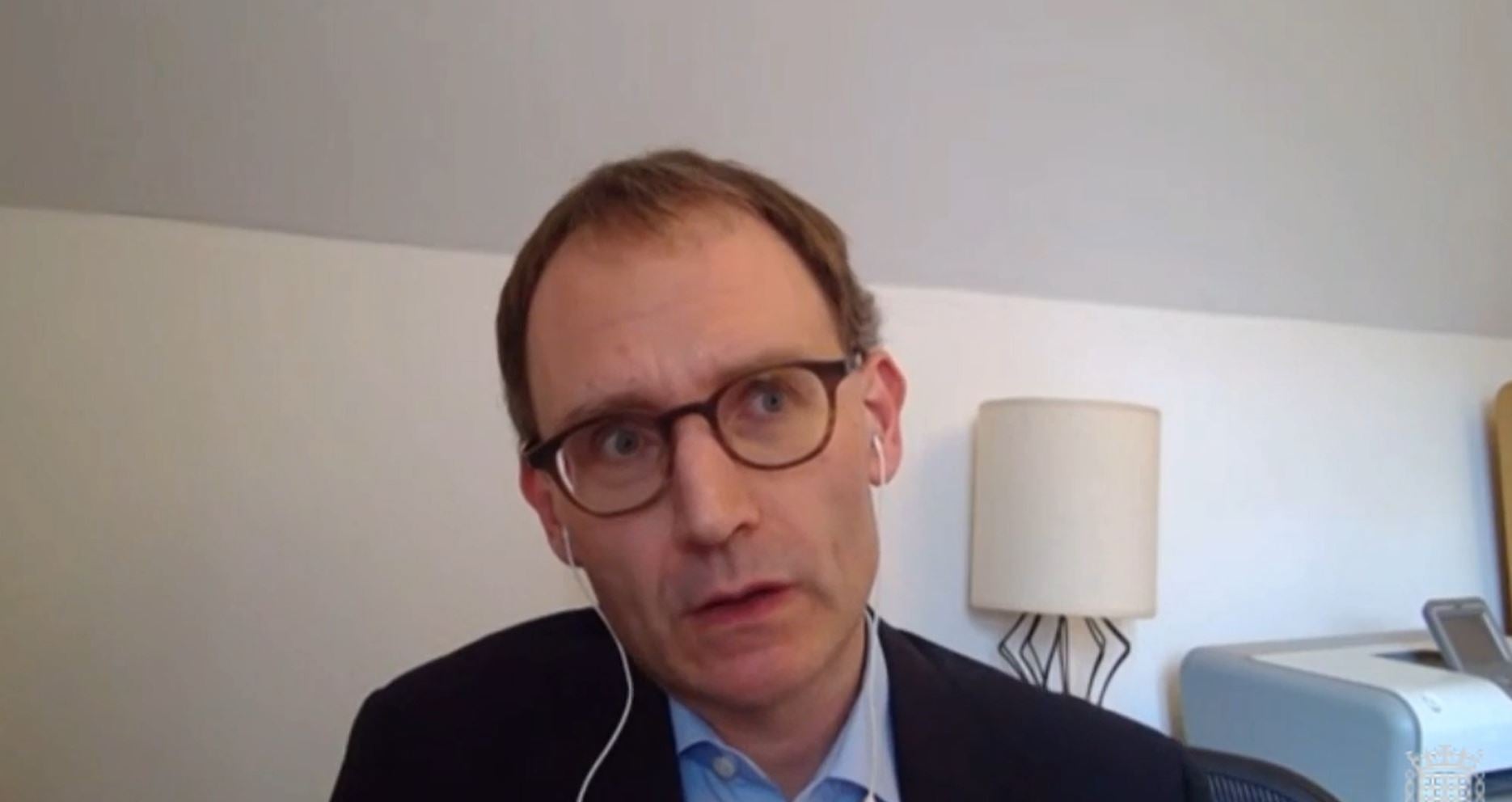Covid: UK’s daily infections pass 6,000, the highest level since late March
Surging cases lead to renewed calls for pause of lockdown easing
The UK recorded more than 6,000 new coronavirus infections on Friday, the highest daily number since 25 March, as the disease continued its recent surge.
Government figures showed that a further 6,238 lab-confirmed cases of Covid-19 had been logged over the previous 24 hours, almost 1,000 more than on Thursday.
Separate data released by the Scientific Advisory Group for Emergencies (Sage) put England’s R number – which represents the average number of people each person with Covid-19 goes on to infect– at between 1 and 1.2, a slight rise from between 1 and 1.1 last week, with an R value above 1 meaning that the overall number of infections is growing exponentially.
And further figures published by the Office for National Statistics showed that Covid-19 infections in the community had almost doubled in a week.
For the week to 29 May, 85,600 people in England had the virus, equivalent to one in 640 people. This was up from 48,500 people or one in 1,120 the previous week. It was the highest level of community infections since the week ending 16 April.
The sharp increase in cases has led some experts to call on the prime minister, Boris Johnson, to pause England’s final stage of lockdown easing later this month as the Delta variant of coronavirus continues to spread. The Indian-origin strain is now dominant in the UK.
On Friday evening, NHS Test and Trace announced it was deploying surge testing in Canterbury, Bradford and Maidstone “following the identification of a small number of confirmed cases of the Delta variant”.
Matt Hancock, the health secretary, said on Friday that the government always expected cases to rise as lockdown was eased, and that the data was being watched “very carefully”.
He told reporters: “The critical thing is the impact on the number of people who end up in hospital for any given number of cases. That link has been broken by the vaccine, but it hasn’t been completely severed yet.
“That's one of the things that we're watching very carefully, and it's too early to say what the decision will be ahead of 21 June.”
However, reports late on Friday suggested that the government was preparing for a potential delay. The Financial Times reported a senior civil servant as saying that England’s final unlocking could be pushed back to 5 July. The Daily Telegraph also said that internal discussions had taken place around a two-week postponement.
In Wales, Mark Drakeford warned that social distancing rules and other safeguards might remain until the end of the year, depending on infection data.
Despite Covid-19 cases rising consistently over the past two weeks, the number of people being admitted to hospital for treatment for the disease has stayed relatively flat, while the numbers of deaths have remained low.
The latest internal data shared with The Independent showed that there were 803 patients in English hospitals overall, up from 779 on Thursday. On Wednesday the figure was 801. Although there were more than 50 new admissions to hospital for patients with Covid the NHS discharged 90 patients in the past 24 hours.
The Independent Sage group, however, warned that the time lag between infection and hospital admission could mean more people end up on wards as cases continue to rise. “It is clear that the link between infection and hospitalisation has not yet been fully broken,” it said.

Professor Neil Ferguson, who is a member of the government’s Nervtag committee of scientific advisers and was one of the architects of the UK's first lockdown, said that most people being taken to hospital with the Delta strain had not been vaccinated.
Speaking on the BBC Radio 4 Today programme on Friday, he said that although the impact of the Delta strain on hospital admissions was not yet certain, the “data is pointing in a more negative direction than it was last week”.
He added: “I think balancing, clearly, people’s desire — and there clearly is a built-up desire to get back to normal — against the potential risk is a very difficult judgement call.”
Mr Johnson’s government has not yet decided how to react to the spread of the new variant and whether the 21 June lifting of all restrictions should take place. Reports have suggested that some restrictions, such as mask-wearing and continued advice to work at home where possible, could remain in place to offset the impact of reopening nightclubs and other large venues.
Responding to Prof Ferguson’s comments, Robert Jenrick, the communities secretary, told the BBC: “There’s nothing today that would lead us to believe that we can’t move forward with the 21 June reopening, but I think you can hear from the tone and the decisions we’re making in other respects, we’re applying an added degree of caution in the days ahead.”
There was further hope on Friday that Britain’s vaccine rollout would continue to beat back the virus, when the Medicines and Healthcare products Regulatory Agency announced it had approved Pfizer-BioNTech's vaccine for use in children aged 12 to 15.
The UK’s vaccines committee will now advise on whether younger children should receive the jab, which has been used to inoculate people aged 16 and over since December.
Under the current policy, 16- to 18-year-olds who are in a priority group or live with a clinically vulnerable individual qualify for vaccination, but there is no routine programme in place across the UK for children aged under 18.
Join our commenting forum
Join thought-provoking conversations, follow other Independent readers and see their replies
Comments